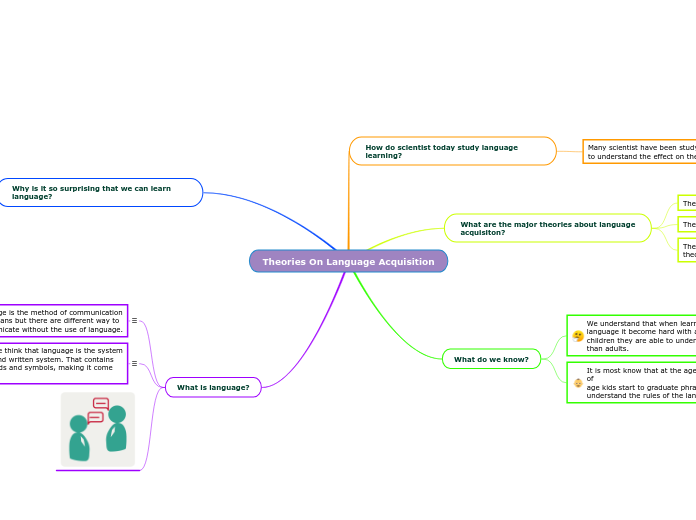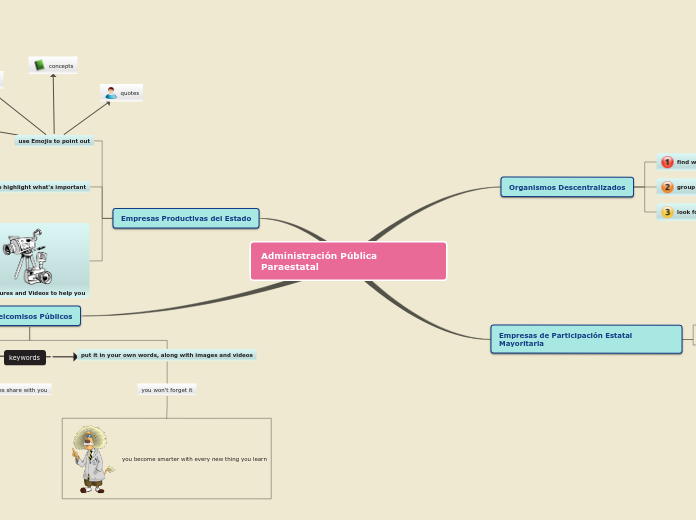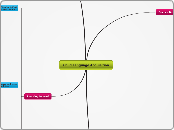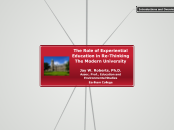par Yoleni Chevez Il y a 4 années
311
Theories On Language Acquisition
Modern scientists use various methods to study how humans acquire language. One prominent tool is fMRI, which tracks brain activity to identify regions involved in language learning.









